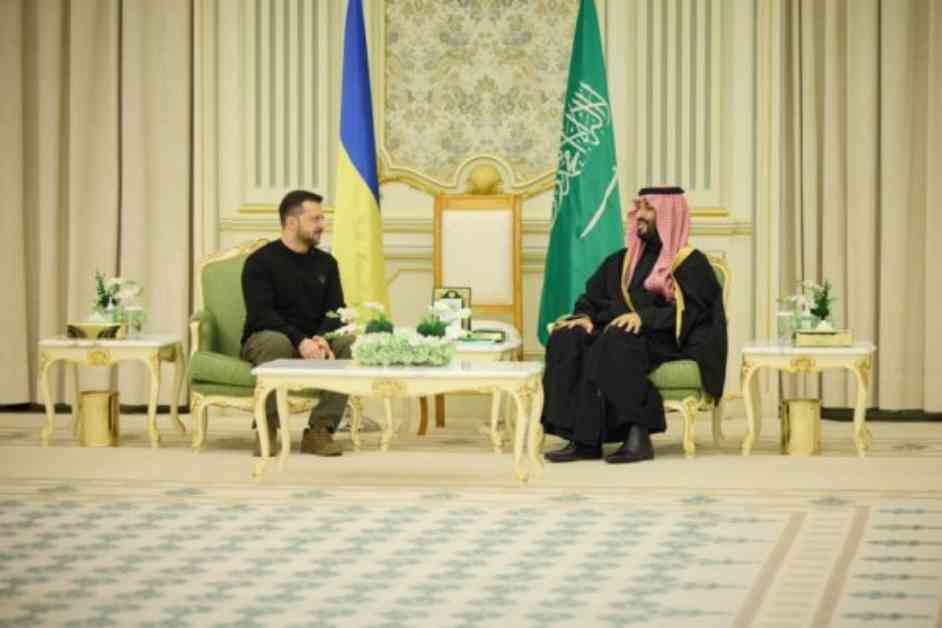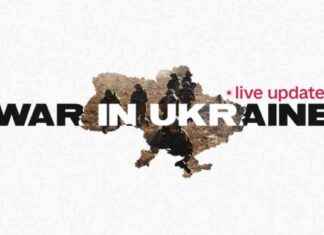Saudi Arabia has extended a generous offer to host a potential summit between two global powerhouses, US President Donald Trump and Russian President Vladimir Putin. The announcement, made by the Saudi Ministry of Foreign Affairs on 14 February, comes in the wake of escalating tensions and diplomatic maneuvers on the international stage.
The proposal for the summit emerged following discussions between Trump and Putin on 12 February, where the US President initiated talks with the Russian leader to address the ongoing conflict in Ukraine. However, this move sparked a flurry of criticism from experts, who raised concerns about the terms of a potential ceasefire and the implications for Ukraine’s security. The situation was further complicated by US Secretary of Defense Pete Hegseth’s dismissal of Ukraine’s aspirations for NATO membership as “unrealistic,” leaving many questioning the future of transatlantic alliances.
In Europe, the news of these negotiations raised red flags, as representatives from the region were notably excluded from the discussions. The possibility of the US taking a more isolationist stance, potentially weakening NATO, has prompted fears of a shift in global power dynamics. Media outlets and analysts have been quick to label this strategy as a win for Russia, underscoring the far-reaching implications of such diplomatic maneuvers.
The Ministry of Foreign Affairs of Saudi Arabia expressed its support for the proposed summit, hailing the phone call between Trump and Putin as a step towards peace. In a statement, the Kingdom emphasized its commitment to fostering lasting peace between Russia and Ukraine, highlighting its track record of hosting diplomatic meetings on the matter over the past three years.
One key aspect that makes Saudi Arabia an attractive venue for the summit is its neutral stance in the Ukraine conflict. Crown Prince Mohammed bin Salman has maintained a position of neutrality, refraining from criticizing Russia or imposing Western sanctions. Additionally, Saudi Arabia’s amicable relations with both Trump and Putin, along with its regular diplomatic engagement with Ukrainian President Volodymyr Zelenskyy, position the country as a potential mediator in the negotiations.
Furthermore, Saudi Arabia’s non-membership in the International Criminal Court plays a strategic role in the selection of the summit location. The ICC has issued an arrest warrant for Putin over the abduction of Ukrainian children from occupied territories, making it challenging to hold such a high-profile meeting in countries bound by the court’s jurisdiction.
Expert Insights on Diplomatic Summit
As tensions continue to simmer on the global stage, experts weigh in on the significance of a potential Trump-Putin summit hosted by Saudi Arabia. Dr. Emily Carter, a political analyst specializing in international relations, underscores the role of neutral parties in brokering peace deals. “Saudi Arabia’s offer to host the summit signifies a willingness to engage in diplomatic efforts and provide a neutral ground for discussions. This could be a pivotal moment in shaping the trajectory of international relations,” she remarks.
Implications for Global Security
The prospect of a high-profile summit between the US and Russia raises questions about the future of global security and the balance of power in the region. Dr. James Reynolds, a security expert, highlights the need for transparency and inclusive negotiations. “The exclusion of key European stakeholders from the initial talks underscores the complexity of international diplomacy. Moving forward, it will be crucial to ensure that all parties are involved in shaping the terms of any potential agreement,” he advises.
As the world watches with bated breath, the unfolding developments surrounding the proposed Trump-Putin summit in Saudi Arabia hold the promise of reshaping geopolitical dynamics and paving the way for meaningful dialogue. The stakes are high, and the path to lasting peace remains elusive, but the willingness of key players to come to the table signals a glimmer of hope in a landscape fraught with uncertainty.

















